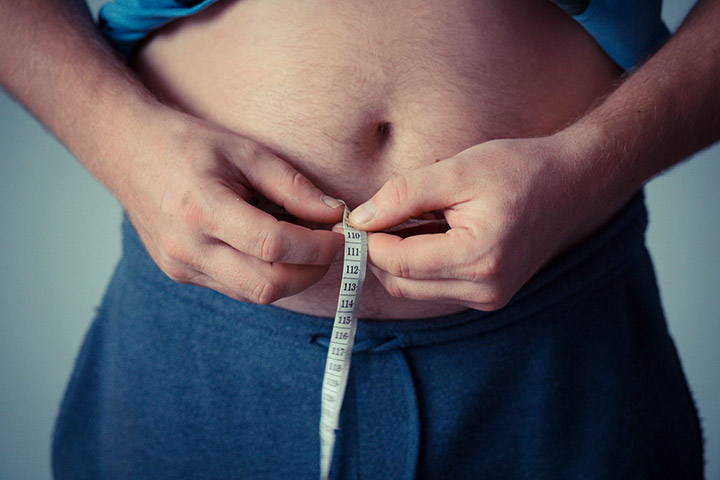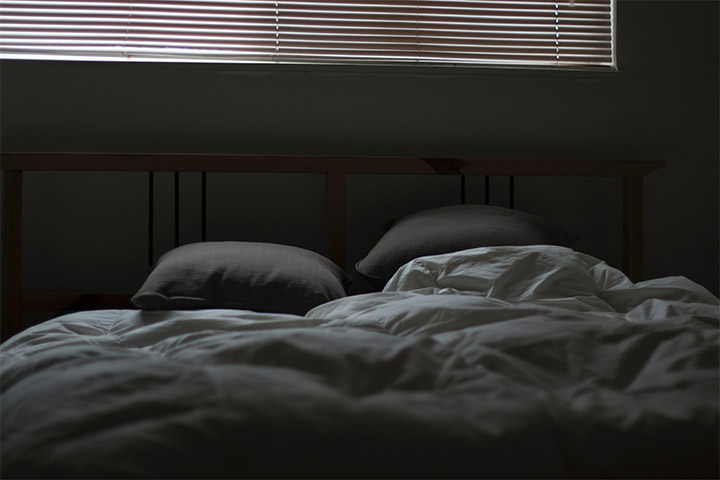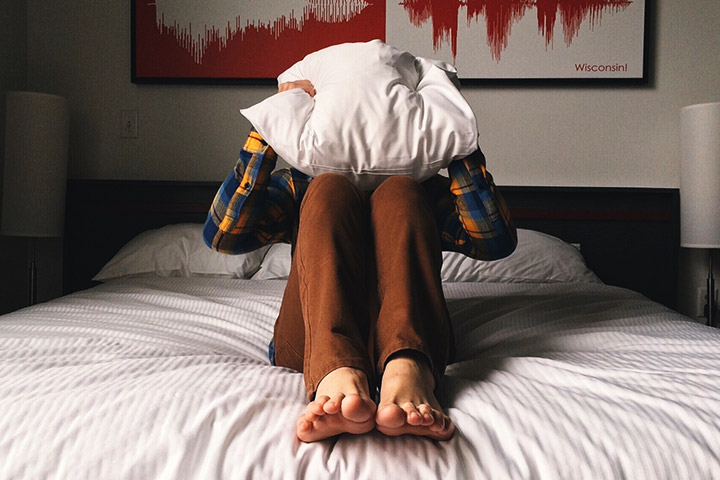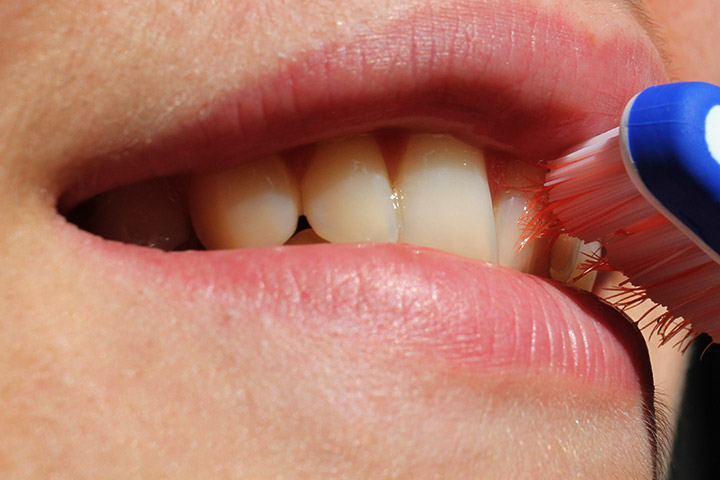Sleep apnoea is a sleep disorder that can have many causes. However, sleep apnoea is often associated with weight gain or being overweight. Is there really a link between weight and sleep apnoea? To what extent? Can gaining weight lead to sleep apnoea if it did not exist before? In this article, we shed some light on this issue and unravel the truth.
Obesity and sleep apnoea
Good sleep hygiene and a healthy lifestyle contribute to sleep quality and prevent many complications. Obesity is one of the main risk factors for sleep apnoea. Indeed, a significant weight gain leads to an accumulation of fat in different areas of the body, including the stomach, but also around the neck and pharynx. This fatty mass makes it more difficult for air to pass through the airways. This phenomenon occurs particularly in obese or overweight people with a BMI between 26 and 40. The risk of developing sleep apnoea syndrome is almost doubled between a person of normal weight and a person who is overweight or moderately to severely obese.
Treating sleep apnoea in overweight people
Significant weight loss can make the symptoms of sleep apnoea disappear permanently. The person with sleep apnoea can then sleep without any sleep apnoea treatment and still get a restful sleep. If this is not possible, there are other solutions to treat sleep apnoea.
The Continuous Positive Airway Pressure (CPAP) machine
CPAP, or Continuous Positive Airway Pressure, is the gold standard treatment for severe and moderate sleep apnoea. This machine delivers air into the airway through a mask applied to the face and is often difficult to tolerate. It allows better nasal and oral ventilation and clears the airway during sleep. CPAP treatment is a heavy duty solution to sleep apnea, prescribed after several sleep tests. During these examinations, a doctor examines the AHI (Apnea Hypopnea Index) of the sleeper to determine the severity of the sleep apnea. In case of mild sleep apnea, the doctor prescribes less severe solutions.
The mandibular advancement device
The mandibular orthosis is a treatment for mild to moderate sleep apnea. It is also used for severe sleep apnea when the patient does not tolerate CPAP treatment. The oral device is placed on the lower and upper jaw every night. It allows to maintain the lower jaw forward during sleep and facilitates the air passage.
This device is most effective when it is custom-made or thermoformable, as it must fit perfectly on the sleeper’s jaw. Some people do not tolerate well the device and might feel some discomfort during sleep. A few days of acclimatisation is usually enough to get used to the oral appliance and to notice an improvement in the quality of sleep.
Bariatric surgery
There are 3 types of bariatric surgery. Two of them consist in reducing the size of the stomach. In this case, a partial gastrectomy, a sleeve or a gastric band can be performed. These procedures reduce food intake. The third type of operation, bypass or gastrojejunal bypass, prevents the absorption of fat into the digestive tract. Results vary depending on the technique used and the patient, but all bariatric surgeries aim to promote weight loss. Following these operations in people with sleep apnoea, there is an improvement in symptoms or a cure in 79-99% of cases. However, these are major procedures and should be considered in the context of weight loss and not just as a cure for sleep apnoea.
By now you know the different solutions to sleep apnea problems when you are overweight. You don’t know which sleep apnea treatment to choose? We advise you to consult your doctor first. He or she can begin to screen for the presence of sleep apnoea. If necessary, he can also prescribe medical examinations with a specialist to help you find the most effective and appropriate treatment for your sleep apnea.




